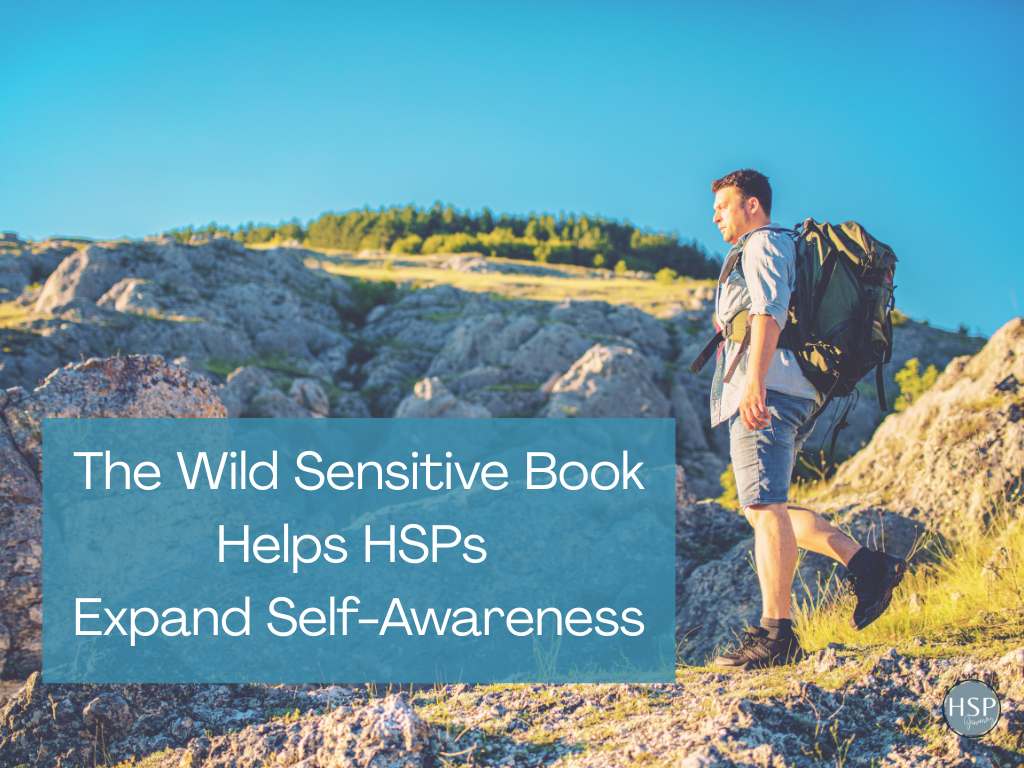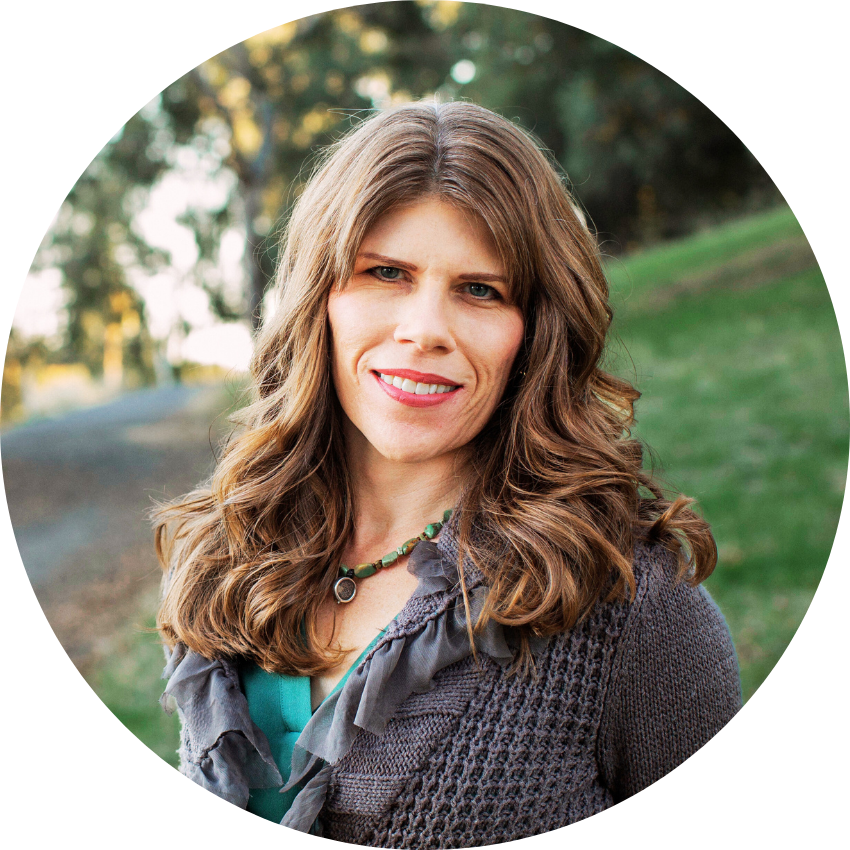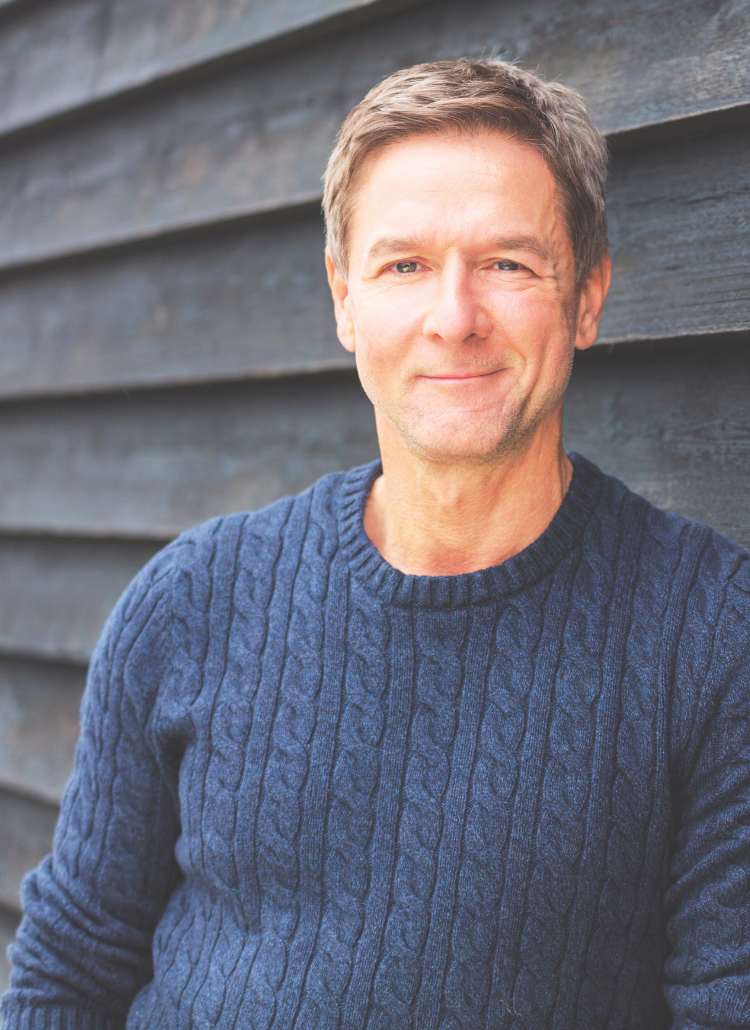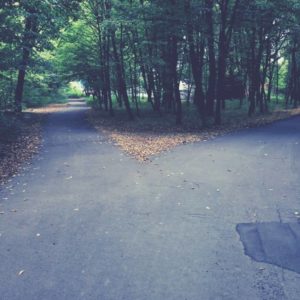When I first heard about the book, The Wild Sensitive, I thought, could this be a dichotomy or a misnomer? After all, most of the sensitive people I know, including myself, aim to avoid overstimulation and fear at all costs. The word “wild” connotates extreme adventure, taking risks, and putting yourself in challenging positions all for the sake of experience, right? In Randy Grasser and Annet Van Duinen’s first book together, The Wild Sensitive: Unlocking the Power of the Highly Sensitive Sensation Seekers. they educate around the highly sensitive person (HSP) trait when it overlaps with the high sensation seeker (HSS) trait, producing what could only be known as the highly sensitive sensation seeker–a modern marvel we are only just beginning to understand.
The book opens with each of the authors’ respective stories of spending much of their lives avoiding their desires for adventure and high sensation seeking only to realize around midlife that they each were dividing their lives in a way that cut their inner knowing off from their desire to live a more free, more untethered adventurous life. They found each other, and the rest is (literary) history.

Table of Contents
The Wild Sensitive: Understanding the HSP Trait
“DOES” Acronym Helps Understand the Highly Sensitive Person Trait
The DOES acronym describes the key foundations of the Highly Sensitive Person trait and helps to better understand what attributes a Highly Sensitive Person possesses.
D is for Depth of Processing
- HSPs process sensory input more than everyone else.
- HSPs tend to trust and rely on their intuition more.
- HSPs use more of those parts of the brain associated with task processing and noticing subtleties.
O is for Overstimulation
- HSPs tend to exhibit signs of overstimulation, and this is often what people notice most about them.
- HSPs can mix up signs of sensory discomfort with their sensitivity. There are differences.
- HSPs can struggle with where to focus when they are overstimulated by say a loud person, a busy street, and a phone ringing.
E is for Emotional Reactivity
- HSPs often “feel” what others are feeling, beyond normal empathy.
- HSPs often take closer notice of their emotions, and emotions are thought to be at the center of wisdom.
- HSPs tend to relish good outcomes and become motivated by positive emotional reactions more than others.
S is for Sensing the Subtle
- HSPs rely on awareness and non-verbal cues to gain valuable information on the world around them.
- HSPs often have extra-sensory perception, not necessarily based on the five senses, but because of their abilities to notice subtleties in their environment.
- HSPs, when tired or worn out, often desire a break from processing their environments.
The Wild Sensitive: Understanding the HSS Trait
High Sensation Seekers (HSS) are individuals who thrive on novelty, variety, and intensity in their experiences. Unlike those who prefer routine and predictability, HSSs feel most alive when exploring new ideas, environments, and challenges. This trait is not about recklessness—it’s about a strong inner drive toward discovery, stimulation, and growth.
Researcher Marvin Zuckerman, who first coined the term, described sensation seeking as “the need for varied, novel, and complex sensations and experiences, and the willingness to take risks for the sake of such experiences.” For some, this shows up in adventurous travel or adrenaline-fueled sports, while for others, it might manifest through creative projects, intellectual challenges, or entrepreneurial pursuits.
Interestingly, HSS can overlap with the Highly Sensitive Person (HSP) trait, creating what Dr. Elaine Aron calls the HSP/HSS paradox. While HSPs often crave calm and predictability, an HSP who is also an HSS may simultaneously long for new experiences. This push-pull can create internal conflict: wanting to dive into stimulating opportunities but also needing downtime to recover.

Looking for an HSP-Trained coach to help you align your life with your priorities?
Through my Highly Sensitive Person (HSP) certification with the Nickerson Institute, as well as being an HSP, I offer HSP coaching to develop specific goals around your HSP needs. We HSPs frequently deal with anxiety and overstimulated nervous systems that prevent us from achieving peace and attaining our life goals. HSP coaching with me includes a detailed review of your sensitivities and a mutually-desired plan for growth and management of this superpower to shift negativity and begin seeing yourself as the hero of your own story. (Affordable monthly coaching begins at $150/month.)
The Wild Sensitive is Wired for More
In The Wild Sensitive, the authors take time to weave in their stories together with better understanding the intersections of these two traits. They share their own understanding of themselves as they both independently discovered that they were wired for more. This concept of “being wired for more” makes lots of sense. I have felt this in myself, although I don’t feel that I’m truly HSS, I have a passion for new, thrive on certain types of change, and can’t stand to do the same thing over and over again. There are varying degrees of HSS sensitives, as the book shares.
The authors go through Dr. Zuckerman’s four components of sensation seeking and unpack what it means to be a high sensation seeker. Then, they share overlaps and conflicts that people often experience when they are both HSP and HSS. Within each chapter, the authors desire to help the reader interweave their understanding of their personality with the design of their life. They feel this is an essential component of a life well lived for the HSS/HSP.
The Wild Sensitive offers expert guidance on trauma and its effects on the individual, sharing expertise on hypervigilance vs. sensitivity to subtleties and other trauma-related best practices. Strategic guidance to align your life with your values is helpful for the sensitive sensation seeker, say the authors.
Who Should Read The Wild Sensitive?
Anyone who suspects they are both highly sensitive and a high sensation seeker and who wants to better understand themselves would glean much helpful advice from The Wild Sensitive. Also, mental health and wellness professionals who work with sensitive people could benefit greatly from this book in order to better understand their clients. Lastly, coaches and career guides who work with this target group would find excellent helps to resource their clients with leadership, personality, and lifestyle creation expertise.
*Lauren Hunter was given an advanced reader copy of this book.
Be sensitive, be free
*This post contains affiliate links and I will be compensated if you make a purchase after clicking on my links*




